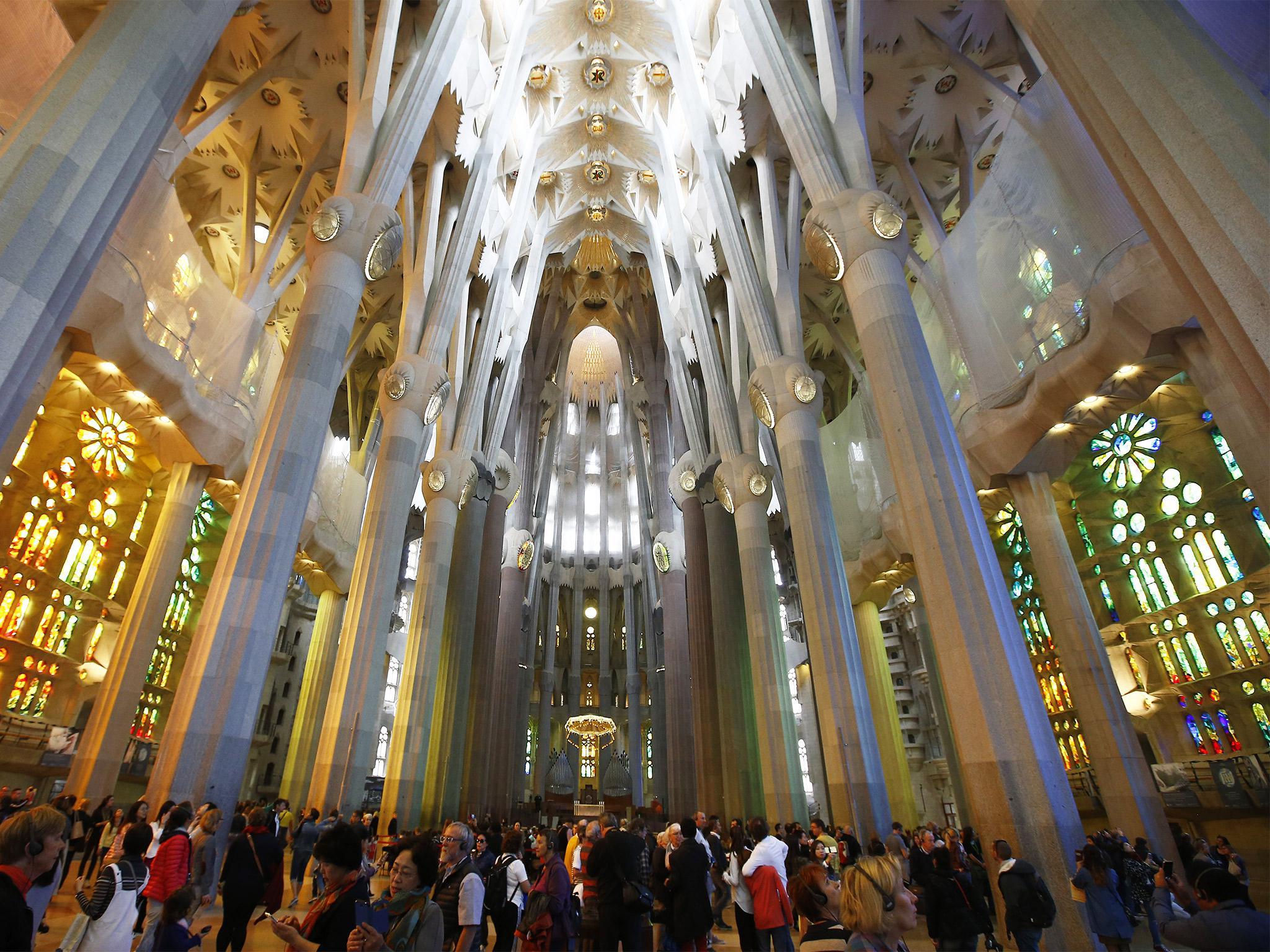
Log In
- Technology & Business
- Business Insider
- Gizmodo
- Kotaku
- Lifehacker
Cars are about to get a entire lot cheaper in Australia
The Australian car market is about to get a massive wiggle up under Turnbull government switches that will permit individuals to import fresh cars from other countries within two years, by-passing the current powerfully taxed import regime.
The switches to the Motor Vehicles Standards Act come as the Australian industry winds down and local production ceases next year. Under the fresh laws in 2018, consumers will be able to import a fresh car or motorcycle from countries with comparable Australian standards. It must be no more than twelve months old and have no more than 500km on the odometer.
A utter list of countries with comparable standards is yet to be determined, but among right-hand drive producers, both Japan and the UK already meet the benchmarks.
While this won’t affect fresh cars in the low end market, it will have a enormous influence on the already flourishing high-end sector, with consumers able to bypass the hefty “Australia tax” local luxury brands charge for imports. The budge will also drive down used car prices across the board, but again, mostly in the higher end of the market.
The government will also amend the 21-year-old Customs Tariff Act introduced by the Keating government to eliminate the $12,000 special duty on imported used vehicles from 2018.
Major projects minister Paul Fletcher said that while the duty is not often applied, it remains law and costs more to administer than it raises.
“[The law] is seen by consumers as a hurdle to importing 2nd mitt cars even in the specific circumstances where such imports are permitted. By removing this duty, we will provide more options for Australian consumers,” he said.
An extra requirement that an identification plate be physically affixed to an imported car will also be scrapped. Instead the details will be entered on a fresh Register of Approved Vehicles, saving manufacturers an estimated $Eighteen million a year.
While the laws were originally in place to to protect the local car industry, but the government considers them redundant with all manufacturing plants closing.
However, the major car companies selling in Australia aren’t pleased with the proposed switches, with Tony Weber, CEO of the industry industry bod the Federal Chamber of Automotive Industries (FCAI) condemning them.
“The FCAI has repeatedly called on the Government to cautiously consider the facts before making a policy decision that will mislead everyday consumers,” he said.
“Not only is the Government taking a ‘buyer beware’ sentiment that would see many Australians caught in high-risk situations with their vehicles being outside established service networks; the Government is misleading consumers by telling them a used vehicle with 500kms or one that is 12-months old, is fresh.
“Brands selling in this country make substantial investments in Australia by way of dealerships, workshops, technology and training to support and service their products. This means consumers can be certain their vehicles can be serviced and repaired appropriately, and that recalls are captured so consumers are informed if something needs to be immovable.”
Nonetheless, car paramours with cash will be eyeing off the possibilities and how much they will save on luxury vehicles, with the potential to trim ems of thousands of dollars off current local prices.
A brand fresh, max spec Tesla Model S P90D will cost around $244,000 to import from the UK into Australia, including all local taxes – that same car to buy in Australia will be just over $254,000. And that’s one of the closer comparisons.
German luxury brand Porsche argues that if the government intended to bring down prices in Australia they would abolish the luxury car tax.
“If the government is serious about making motor cars, especially high-end motor cars like the Porsche, more affordable to the consumer, then why doesn’t the government abolish the luxury car tax?” Porsche Australia spokesman Paul Ellis said.
His business is one of those that will be most affected by the switches, with big price differences when importing from the UK if buyers are willing to give up a local warranty.
If you dreamed a Porsche nine hundred eleven Carrera S in Australia, you’re looking to pay $274,012 driveway. If you import? $230,425 including all government fees and freight. Even at the bottom of Porsche’s sports car lineup they’re hit, costing around $115,000 to import a fresh Boxster seven hundred eighteen from the UK including government fees compared to $125,000 buying locally.
What about a Lotus Elise? Importing one from the UK will cost around $60,000 delivered due to it just scraping in under the luxury car tax. To buy locally it’ll cost you a little over $80k.
Then there’s the BMW M4. Importing from the UK will cost around $153,000, while in Australia it costs $166,000 before on road costs.
And let’s not leave behind that these prices used from the UK are all just standard prices, not factoring in specials that dealers might have.
Legislation to implement the switches will be introduced into Parliament later in the year.